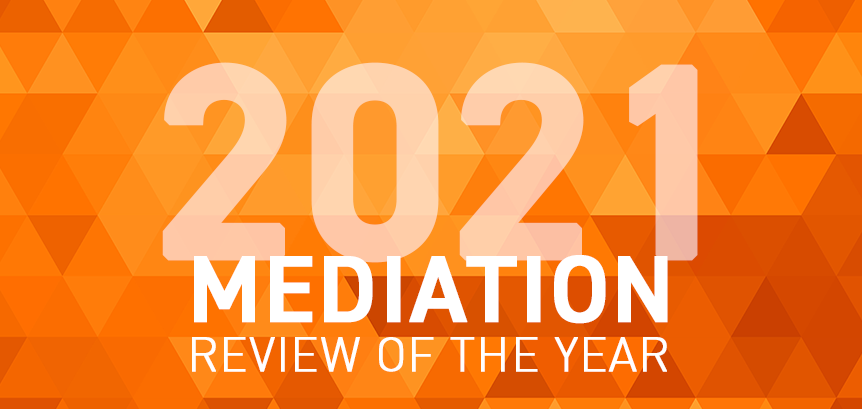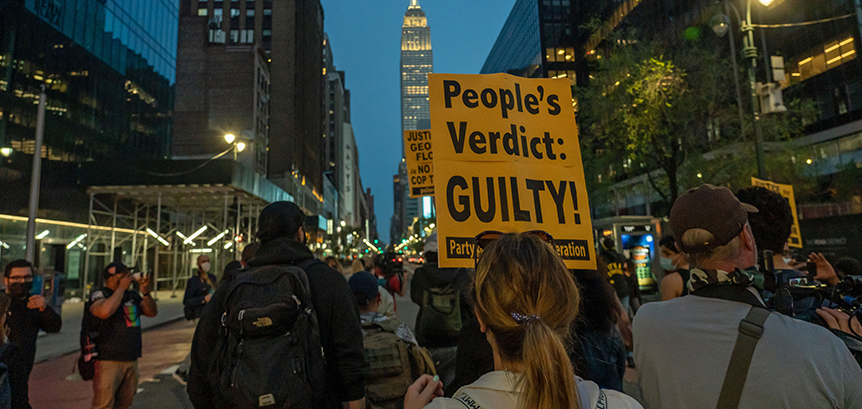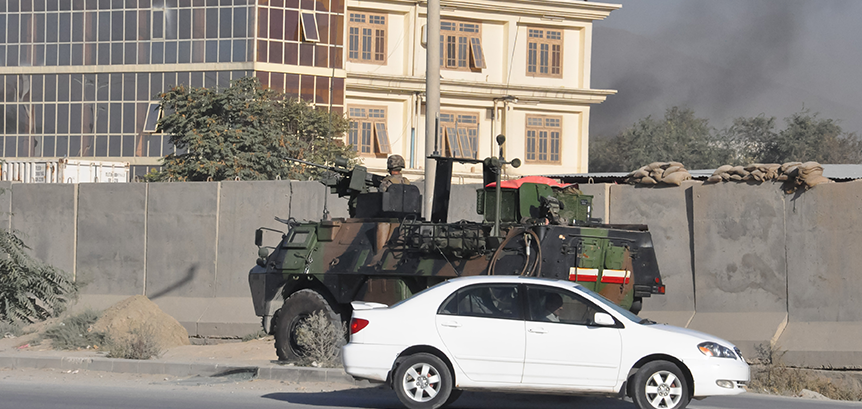
Posted on: December 13th, 2021

So I thought, this time I would do a selective month-by-month account of the year’s stories and see what we can find…
How about we start with a couple of US stories. Firstly, on January 8th, we saw businessman and TV personality Donald J Trump get himself banned from Twitter. This was a couple of days after a violent mob stormed the Capitol building to prevent the confirmation of the electoral victory of Trump’s successor, one Joe Biden. An extraordinary turn of events indeed, and one that makes me wonder about the tipping point for his Twitter ban. It appears to have been when Trump’s right to express himself freely started to compromise other people’s basic rights to not be assaulted and have their property attacked. In conflict situations, it is always an interesting issue about how much personal freedom each person can expect to be afforded by another. And here was a pretty big example of that.
On February 19th, the US officially re-joined the Paris Agreement, 107 days after leaving. Biden followed through on a promise here, ensuring not to trigger discord by letting people down. And then Trump goes and gets himself impeached for a second time. As conflict resolvers, we know that a lot of issues around people’s behaviour and conduct can be addressed informally through dialogue, and that, up to a point, this is the best and most constructive way to go about it. But here is a great example of someone crossing a line and rightly getting sanctioned for it.
In March, we saw the European Parliament performing the last act in the Brexit drama: voting for the Trade and Cooperation Agreement. Although Brexit technically already happened (on January 31, 2020), thus far it hadn’t been very noticeable as 2020 was the transition period and the UK still enjoyed the benefits of membership. So, one of the most contentious Europe-wide issues of recent decades began to end with ‘Brexit means Brexit’ (as long, that is, as we can sort out the little dispute of how not to harden the ROI/NI Irish land border).

April saw a conclusion to the criminal case that had ignited the Black Lives Matter movement: that of police officer Derek Chauvin, ultimately found guilty of second-degree murder of George Floyd and sentenced to 22½ years. The murder in 2020 heralded an extraordinary period of protest around the disproportionately poor treatment of black people within the judicial system, and the new chapter of dialogue that began with these awful events is still continuing.
Perhaps a little light relief at this point? May 18–22 was the Eurovision Song Contest 2021 in Rotterdam: re-arranged after the cancellation of the 2020 contest due to the COVID-19 pandemic. Anyone remember who won? Didn’t think so. It was the Italian entrants Måneskin with the song “Zitti e buoni”. (And yes, OF COURSE I had to look it up!)
June brought the G7 summit to Cornwall, where the richest nations in the world negotiated well (without a mediator, apparently!) and agreed on a global minimum corporate tax rate of 15%, intended to prevent tax avoidance by some of the world’s biggest multinationals. A case of ‘Levelling Up’, perhaps, Mr. Johnson? Well, I’ve been paying every penny of mine since I started running companies back in 1994, so maybe it’s more like ‘About time’!
In July, the global number of deaths from COVID-19 went past 4 million (it is now around 5.25 million), amid a battle to both vaccinate enough willing people, and to convince enough unwilling people to also do their bit to get the virus under control. People came back to work in the UK, and again, we saw an uptick in workplace conflict amid the pro- and anti-vax debate, contentious issues around home working vs. coming into the office, furlough and no-furlough, and much more.

Meanwhile, the Taliban captured Kabul in August, in the wake of the US withdrawal from Afghanistan, and ultimately the Afghan government surrendered to the Taliban. Arguably, these developments were traceable back to the agreement that the Trump administration signed with the Taliban in Doha, Qatar, in early 2020. The US promised to fully withdraw its troops by May 2021 and the Taliban committed to stopping attacks on American and coalition forces. So another peace initiative but, unfortunately, where the Afghan people now find themselves is back where they were before foreign troops ever went in. The stated objective of the Doha signing was to promote a peace negotiation between the Taliban and the Afghan government but that diplomatic effort never gained traction before Biden took office in January.
September saw the birth of AUKUS: A trilateral security pact between Australia, the United Kingdom, and the United States. Its stated aim is to counter the influence of China on the global economic and military stage: arguably a peace-building move. So interestingly, one of the first events enabled by AUKUS was to facilitate Australia building its first nuclear-powered submarine fleet. Perhaps an example of the old notion of ‘Peace through strength’, famously used by many leaders: notably US President Ronald Reagan in the 1980s but right back to Roman Emperor Hadrian in the second century AD, apparently. How often we see people in conflict flexing their muscles of various forms, and yet we know that interpersonal disputes are usually resolved when people acknowledge their vulnerability and fallibility so that they can begin to listen to one another.
And while we’re talking about turns of phrase, how about the October/November 2021 United Nations Climate Change Conference (COP 26) that culminated in a ‘phase down’ rather than a ‘phase out’ of unabated coal power? People’s inclination to agree or disagree, whether in mediation or elsewhere, so often hinges on the choice of words. At COP 26, we had an example of when everyone thought the deal was done, but some delegates at the eleventh hour wanted the language watered down, much to other people’s disappointment.
And that brings us right up to the present, on a day when the big story is about the new variants of COVID-19, how we can expect to see many more variants in the future, and how much worse they may be. Depressing reading, but doesn’t it feel now, at the end of 2021, as though we know this enemy rather better than we did a year ago? And that while we still have this health risk, and this compromise to our freedoms, that so long as people collaborate to try and make things as normal as we can, while at the same time making sure we protect the most vulnerable of our species, that we should be OK?
Hopefully that’s a bit more than just wishful thinking….Happy New Year to all!